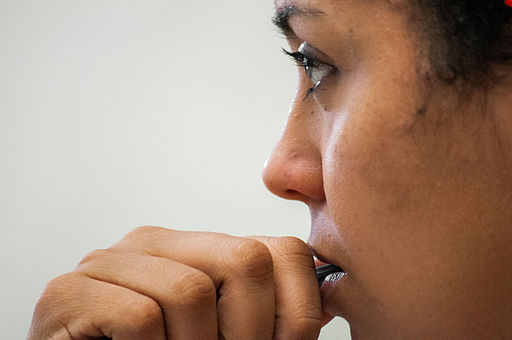
How does unconscious bias affect work?
Unconscious bias is generated by a person’s upbringing, their cultural background, and the political mood in which they live and work. It can have a limiting and disabling affect on learning, preventing a person from reaching their full potential. A person’s perception of what they believe to be inarguable facts can have a detrimental influence on their ability to study all manner of subjects. However, we do not have to blindly submit to unconscious bias. As intelligent, sentient human beings, we can choose to question, evaluate and become consciously objective.
A person with no awareness of unconscious bias will be a poor student of history. Their understanding of events and of historical figures can be significantly hampered by preconceived ideas and perceptions. Any good historian, or any person who attains high levels of success in the study of history, is able to utilise a variety of sources to achieve an understanding of past people and events while disregarding instinctive opinions.
Unconscious bias can be very limiting when it comes to the study of science. Religious or moral beliefs can significantly skew objectivity when it comes to understanding and investigating areas such as evolution, medicine and scientific research. The key to the successful study of science without being influenced by unconscious bias is focusing purely on the facts.
When studying literature, the ability to empathise with characters is vital to producing thoughtful and well informed pieces of writing. Personal experiences can contribute to unconscious bias, and influence someone’s perception of the way characters feel or behave. In order to overcome this, students of literature should think of characters in a multi dimensional way. Just like people in the real world, no well written character has one sole trait or form of behaviour; there is usually a multitude of explanations for any one act.
In order to truly benefit from any means of study, we must continually question our thoughts and beliefs. We should ask ourselves if we consider something a fact because of a variety of evidence and sources, or because it is something we have absorbed from our background or personal experiences. Evaluation is equally important: good students assimilate a wealth of detail and pick it all apart before coming to an informed standpoint. In order to learn effectively, students of any subject should make a conscious effort to be as objective as possible, questioning and evaluating every piece of information.
Unconscious bias, then, doesn’t have to be an inevitable achilles heel for learners. You just have to be aware of it and make sure you are always making an effort to ward it away, and all the limitations that accompany it.